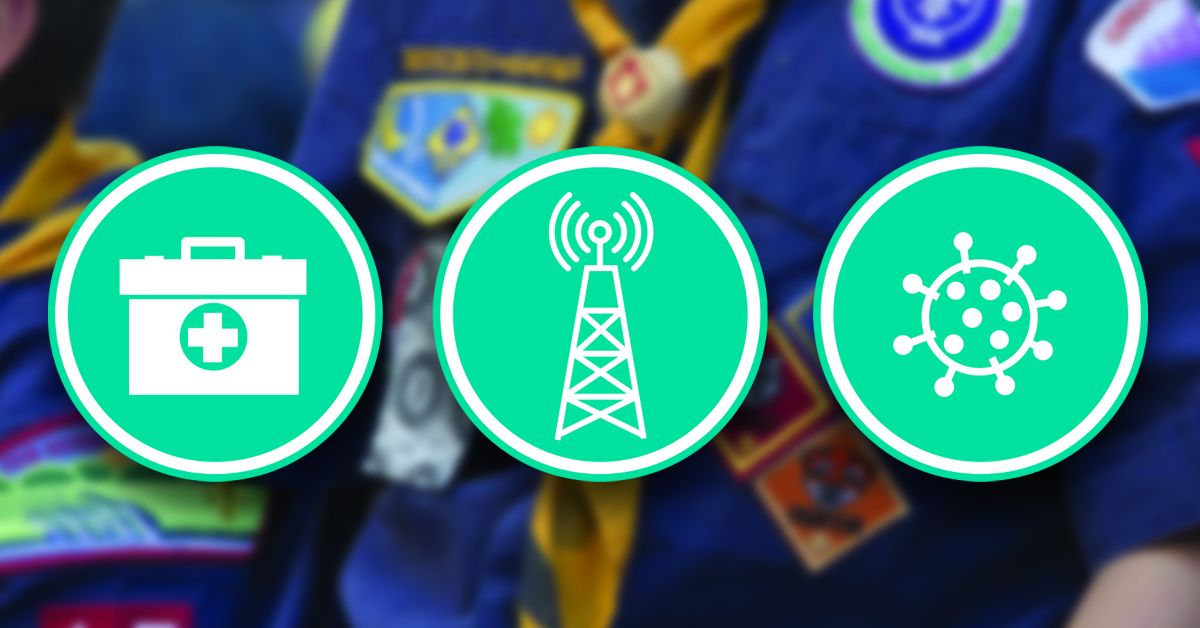The Boy Scouts had it right: Be Prepared.
by Gillette Vaira
July 31, 2020

Gillette Vaira, Content/Social Media Strategist
If the first six months of 2020 have taught us anything, it’s the need to be prepared for … well … absolutely anything.
As a business owner, this means having a plan of action for when the unthinkable happens. Preparing in advance lessens the likelihood of experiencing the “deer in the headlights” syndrome when you need to make effective decisions. And while you can’t anticipate every scenario (COVID-19? Murder Wasps?) having a decision matrix can help mitigate negative impacts of unforeseen circumstances.
Here’s a few ideas to get you started.
What do your customers need to hear?
When a global crisis occurs, such COVID-19, most businesses are immediately thrust into crisis operations. Your customers need reassurance – not more worries. By proactively communicating with your customers you can help address at least a portion of their concerns. They will appreciate this – especially if you remember to …
- Clearly state the issue.
- Explain how you plan to deliver on your promises. Give high level details; now is not the time for lengthy descriptions.
- Let your customers know the best way to communicate with you. (i.e. during a shutdown).
- Explain next steps along with when your customers can expect your next communication.
- Reassure your customers that you are committed to delivering on his/her project in a timely manner and with as little disruption as possible.
What do you employees need to hear?
- Employee safety is No. 1. No exceptions. Review safety protocols and be sure every employee is following them to the letter.
- Your employees need to know how the situation affects them. You may not have all of the answers immediately – that’s OK. Start with what you do know and assure them you will continue timely updates as information becomes available.
- If the situation causes a workplace shutdown, make plans to equip employees to work from home.
What do people need to see on your website and social media platforms?
- Consistent messaging. Your website and social media platforms should convey the same message as your emails, answering service, and even employee chit chat in the community to eliminate gossip and confusion.
- Thoughtful voice and tone. Be transparent and emphatic. A “thinking of you during this uncertain time” statement won’t go unnoticed. Keep it brief, but detailed, so that your stakeholders feel informed and valued.
How will you disseminate information?
Each audience may prefer receiving information differently, so it’s important to cover the gamut. Think about posting a video update from your CEO on your website and social media – and then accompany it with an email and/or letter to your stakeholders. Maybe you’ll decide to send a press release to the media or host an in-person meeting for key constituents. Consider your options in advance so you don’t have more to stress about mid-crisis.
Take the time when you’re not in crisis mode to get ready for what could lie ahead. It’s public relations. It’s reputation management. And it’s something you won’t regret.







